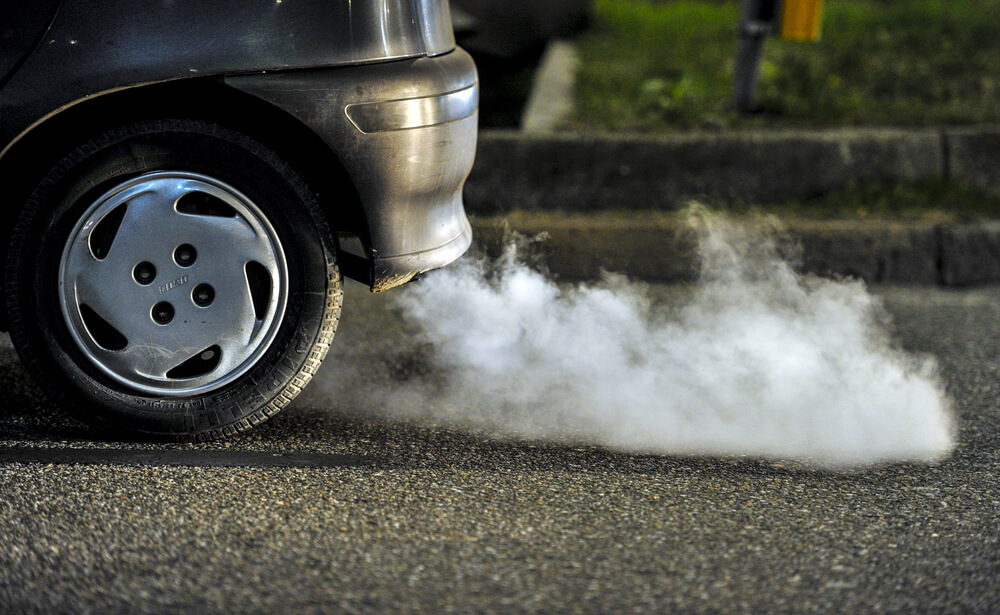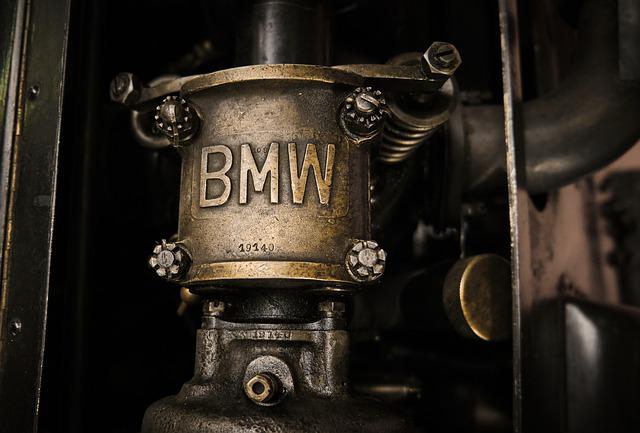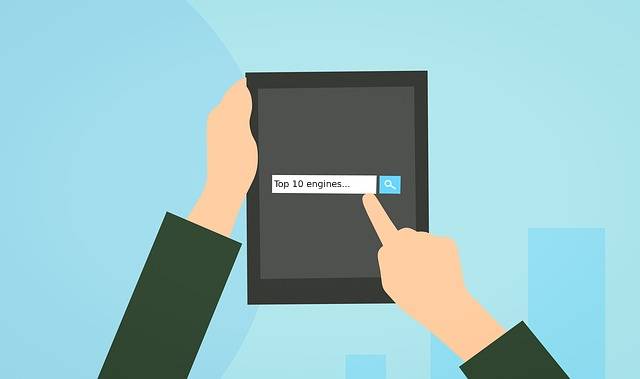Policy And Regulations: How To Control Emissions
Find Used Engines and Transmissions for a Great Price! Live Assistant For Used Engines Call 1800-518-9776

Controlling emissions has grown into an urgent task in a society coping with the dire effects of climate change. Fossil fuel combustion, industrial operations, and deforestation are all key contributors to greenhouse gas emissions, which are contributing to global warming. To fight this, governments and organisations all over the world are enacting laws and rules to reduce emissions.
In this blog, we will look at the role of policies and laws in reducing emissions, highlighting significant techniques and their potential environmental impact.
Importance of policies and regulations
The enormous emission of greenhouse gases into the earth's atmosphere is fueling climate change, a worldwide disaster of unprecedented proportions. These gases, most notably carbon dioxide (CO2), methane (CH4), and nitrous oxide (N2O), trap heat and contribute to global warming. The implications are far-reaching, with more severe and frequent weather events, increasing sea levels, and the loss of many species among them.
Emission reduction is critical for mitigating these effects and transitioning to a low-carbon future. The proper execution of policies and regulations is critical to accomplishing this goal.
Key policies to regulate emissions
-
Setting Emission Reduction Goals: Governments around the world are setting aggressive emission reduction goals. For example, the Paris Agreement aspires to keep global warming well below 2 degrees Celsius above the levels of pre-industrial times. Countries commit to particular targets and communicate their progress on a regular basis.
-
Carbon Pricing: Carbon pricing mechanisms, such as carbon taxes or cap-and-trade systems, put a value on carbon emissions. This pushes firms to minimise emissions and pursue greener technologies.
-
Renewable Energy Promotion: Policymakers are incentivizing the use of renewable energy sources such as wind, solar, and hydroelectric power. This not only cuts emissions from energy generation but also produces green jobs.
-
Energy Efficiency Standards: It is critical to have regulations that call for industries and consumers to increase their energy efficiency. Energy-saving devices reduce energy use and, thus, emissions.
-
Green Transportation Initiatives: Promoting the use of electric vehicles (EVs), investing in transit systems, and expanding cycling infrastructure all contribute to reducing transportation-related emissions.
-
Industrial Emission Controls: Strict limits on industrial emissions, including the development of cleaner production methods and pollution-reducing technologies, are critical.
-
Reforestation and afforestation: Policies that safeguard and rehabilitate forests are critical for absorbing and hiding carbon dioxide from the atmosphere.
Challenges faced
-
Monitoring and Enforcement: Ensuring that companies meet emission control standards and correctly measure emissions is a difficult task that necessitates the use of sophisticated monitoring equipment.
-
Political Opposition: Strong measures may face opposition from vested interests such as the fossil fuel industry, which might stymie their implementation.
-
Economic Implications: Some critics say that strong emission control measures will have a negative economic impact, such as job losses. A well-planned transition, on the other hand, can provide new job possibilities in green sectors.
-
Worldwide Coordination: Climate change is a worldwide issue, and achieving major decreases in emissions requires international cooperation, which can be difficult to secure.
Conclusion
Emissions reduction is a critical worldwide goal. Policies and regulations are critical in this endeavour because they provide a defined framework for reducing emissions. They promote sustainability, stimulate the use of cleaner technology, and hold industries responsible for their impact on the environment.
Used Engines Inc. is the ideal place to get your second-hand engines and transmissions. We offer high-quality products and services to ensure that our customers have a positive experience and peace of mind.
related
You May Also Like

Which BMW Has the Most Horsepower?
A car is useless if it doesn’t have good horsepower. Just imagine driving your car with sluggish acceleration and it drags on the road whenever you take it for a spin.
Read Article
10 Best Engines Made So Far By Top Engine Manufacturers
Over the years, the car industry has seen major changes. Car engines have become smarter and it looks like every new engine that rolls out is better than the other.
Read Article
How to Make Your Car Last Forever?
Isn’t it lovely when a new car works the way you want? The gears shift smoothly and the wheels roll without dragging against the road. But as your car gets older, you’ll notice that it doesn’t drive smoothly, has lower fuel mileage, and overheats easily.
Read Article